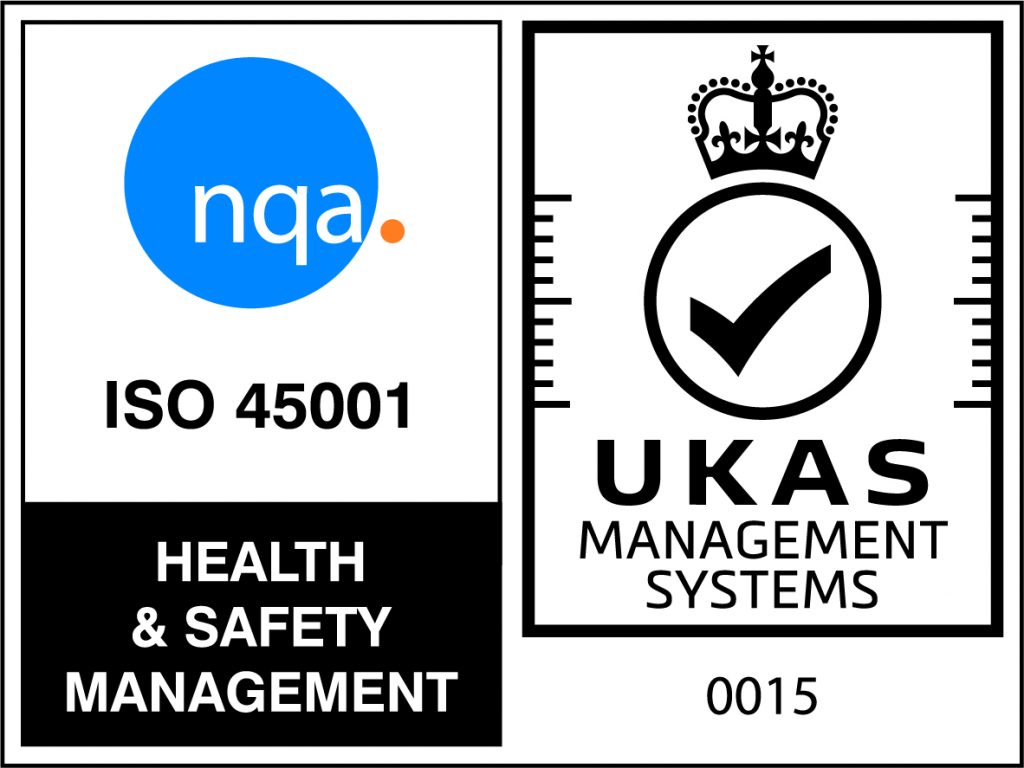If you’re living with multiple sclerosis (MS), maintaining your well-being and independence may involve changing the way that you do some things. You may find it helpful, or necessary, to adjust areas of your home and lifestyle in order to make daily tasks easier and less tiring.
Focusing on good self-care also makes a difference. Following a well-balanced diet and getting regular physical movement may reduce the impact of your symptoms. Here are seven daily tips for managing MS.
- Create convenience: Creating convenience reduces the daily demands on your energy. You might be surprised how little changes can make a big difference.
- Plan for comfort: Many people who live with MS are sensitive to changes in temperature. Your symptoms may worsen when you feel too warm. This is not actual progression of the disease, which means your symptoms will likely improve when the heat is reduced.
- Think about safety: Certain common MS symptoms, such as reduced motor control and balance issues, can potentially impact your physical safety. Talk to your doctor if you experience symptoms that might put you at risk for a fall.
- Stay active: Although fatigue is a common symptom of MS, exercise can help. Exercise also enhances your strength, balance, endurance, and flexibility. In turn, you may find that mobility is easier. Physical activity also reduces your risk of certain secondary diagnoses, such as heart disease. Remember that exercise doesn’t have to be intense cardio or heavy weights to be beneficial. It can be a gentler activity such as gardening or household chores. Your goal is to be active and move every day.
- Train your brain: MS can cause cognitive impairment, which in turn may lead to greater difficulties managing day-to-day life. But early research suggests that you can take steps to train your brain and improve overall cognitive function.In a small 2017 studyTrusted Source, participants with MS used a computer-assisted neuropsychological cognitive training program. Those who completed the training showed improvement in memory and phonetic fluency.
You don’t need to be part of a research study to try cognitive training. There are plenty of options for different types of cognitive training that you can try at home, such as working on puzzles and mind games, studying a second language, or learning a musical instrument. These activities haven’t necessarily been proven to help with MS symptoms, but they will put your brain to work.


 Back to News
Back to News

















